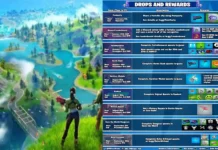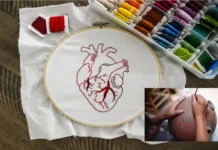To write a scientific article is to adopt an objective writing without connotations or emphases; a clear language, made of logical articulations which makes it possible to distinguish facts proven facts, hypotheses and opinions. Does not that remind you of anything?
Contents
The 5 common points
1. Concise sentences, short and directly accessible
When it comes to writing a scientific article, the priority is to understand the argumentation. Avoid 10-line phrases, inversions, rejections, and other incisions that break the rhythm and divert attention away from your purpose.
2. A light style, without manners, that goes straight to the point
No useless sentence that does not provide any additional information, no parasitic adverb, no misplaced style effect or old formula. “Since the dawn of time”, “This concept is particularly interesting” … Oh yes? For how long, what date exactly? Interesting, why? In the web, it is the principle of economy that sets the tone, but the instructions are the same.
3. Weighted, precise and meaningful words
Words should leave no room for subjective interpretation to write a scientific article. Their role is the faithful transmission of a concept. Choosing an approaching synonym can alter the meaning of the subject, just as an insignificant vocabulary will deform it. Limit boilerplate verbs such as “to be”, “to have” or “to do” and select your words with relevance … A bit like in SEO: qualified words that give depth and base to your theme.
4. An efficient, explicit and readable structure
A scientific article is worthy of the name proceeds with order and method, in several parts: problematic, context, methodology, subjects, results, and conclusion. Also remember to calibrate the abstract of your article with the key information, as you do for a meta-description.
5. A positive and concrete tone
Like web, limit passive as well as negative or relative formulas. At best they unnecessarily burden your sentences; at worst they sow trouble in your remarks. As in web, do not say “the idea that was developed by” but “the idea developed by”; do not say “SEO techniques are used by marketers for”, but “marketers use SEO techniques to …”
Get advice from third party
Seeking help for your scientific papers is inevitable. Maybe you think that by studying all the theories and practising independently, you can complete every task of scientific writing. Unfortunately, in the real world that often does not happen. Especially if you find that besides being required to complete your scientific papers, you are also burdened with several other tasks.
For that, you need professional help that is specialized in the manufacture of scientific papers. On the Internet, you can find everything, including professional help for your scientific papers. Just by typing a few keywords you can find whatever information you are looking for. We have been in the “writing world” and based on our experience, you can use https://answershark.com/ for writing advice. We hope this article can help you to prepare yourself for writing the scientific papers. Good luck and do your best!



































 Online casino
Online casino